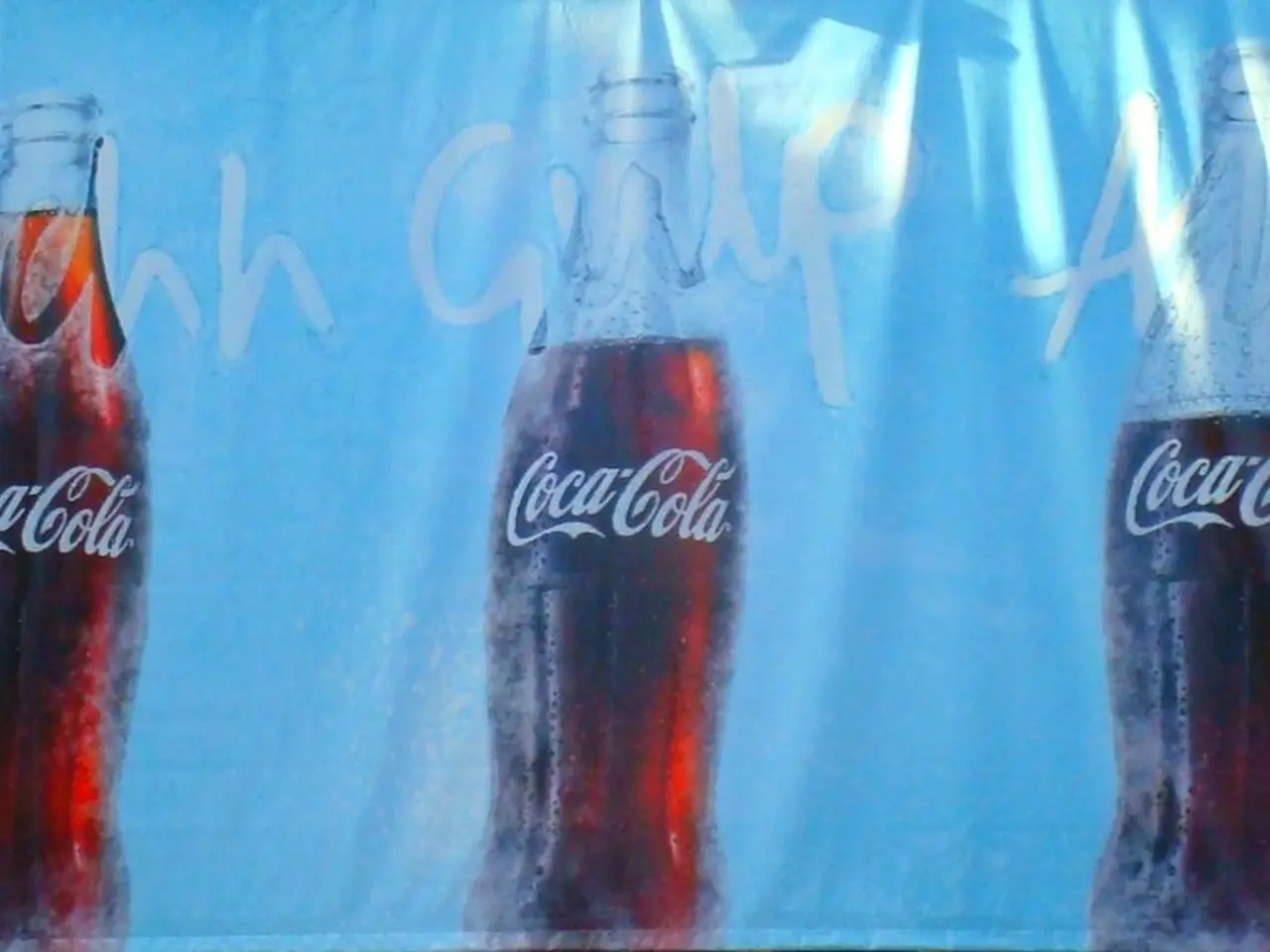Single serving of change: Greenpeace's crusade for plastic-free environments in the Philippines
In the Philippines, the issue of single-use plastic, particularly sachets, has become a significant concern for public health, the economy, and the environment. The environmental organisation Greenpeace has launched the "Kuha sa Tingi" project in 2023 to combat this problem.
According to a recent study, over 110,000 deaths in the Asia-Pacific region are linked to chemicals in food plastics, including heart disease. The widespread use of single-use plastics, such as sachets, contributes to this toxic exposure, exacerbating poverty-related health issues and increasing the risk of heart disease.
The "Kuha sa Tingi" project aims to address this issue by promoting refill-based sustainable consumption. The initiative has shown promising results, demonstrating that it is possible to move away from an economic model reliant on single-use plastic and transition towards a more sustainable one.
Economically, the project has proven to be beneficial for both consumers and small businesses. Refill stations, set up as part of the project, enable consumers to save an average of 201% by refilling reusable containers instead of repeatedly buying products in sachets. Small businesses, such as sari-sari (small neighborhood) stores, have also seen a 15% increase in income due to sustainable dispenser installations.
The project has shown that a circular economy model through refill systems is inclusive and accessible to people from all socioeconomic backgrounds, helping alleviate poverty by reducing household expenses on packaged goods.
Environmentally, the project has made a significant impact by reducing plastic waste. By preventing the sale of over 47,000 sachets, the project has helped keep streets, waterways, and oceans cleaner. Store owners have reported cleaner surroundings and an increase in sustainable practices such as bringing refillable containers.
Greenpeace is calling for systemic change, including phasing out sachet packaging and implementing robust regulatory frameworks to address the full lifecycle of plastics. The goal is to reduce environmental degradation caused by plastic pollution and improve the quality of life for everyone in the Philippines.
In conclusion, the "Kuha sa Tingi" initiative is making a positive impact on the health, economy, and environment of the Philippines by promoting refill-based sustainable consumption. The project benefits consumers, small businesses, and the environment alike, offering a promising solution to the single-use plastic crisis in the country.
- In light of a recent study correlating heart disease with chemicals in food plastics, the "Kuha sa Tingi" project's focus on reducing single-use plastic, particularly sachets, through refill stations, could potentially mitigate toxic exposure and lower the risk of heart disease.
- As the environmental problem of climate change intertwines with health-and-wellness issues like nutrition, the promotion of fitness-and-exercise through reduced plastic consumption, as achieved by the "Kuha sa Tingi" project, can be considered an important step in maintaining overall well-being.
- Given the association between plastic pollution and environmental degradation, the call for systemic change by Greenpeace, including phasing out sachet packaging and implementing robust regulatory frameworks, can be seen as a crucial step in advancing the field of environmental-science and ensuring a healthier and more sustainable future for all.




